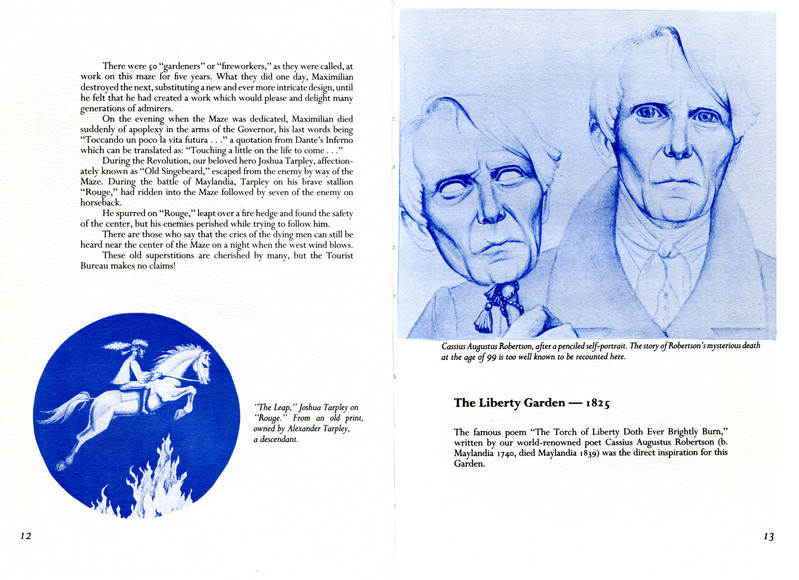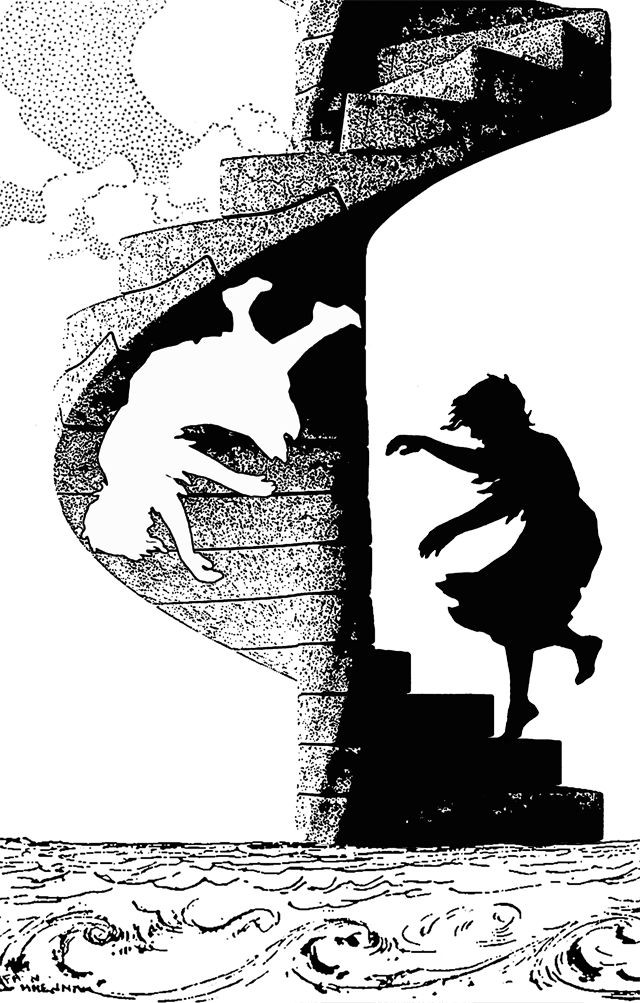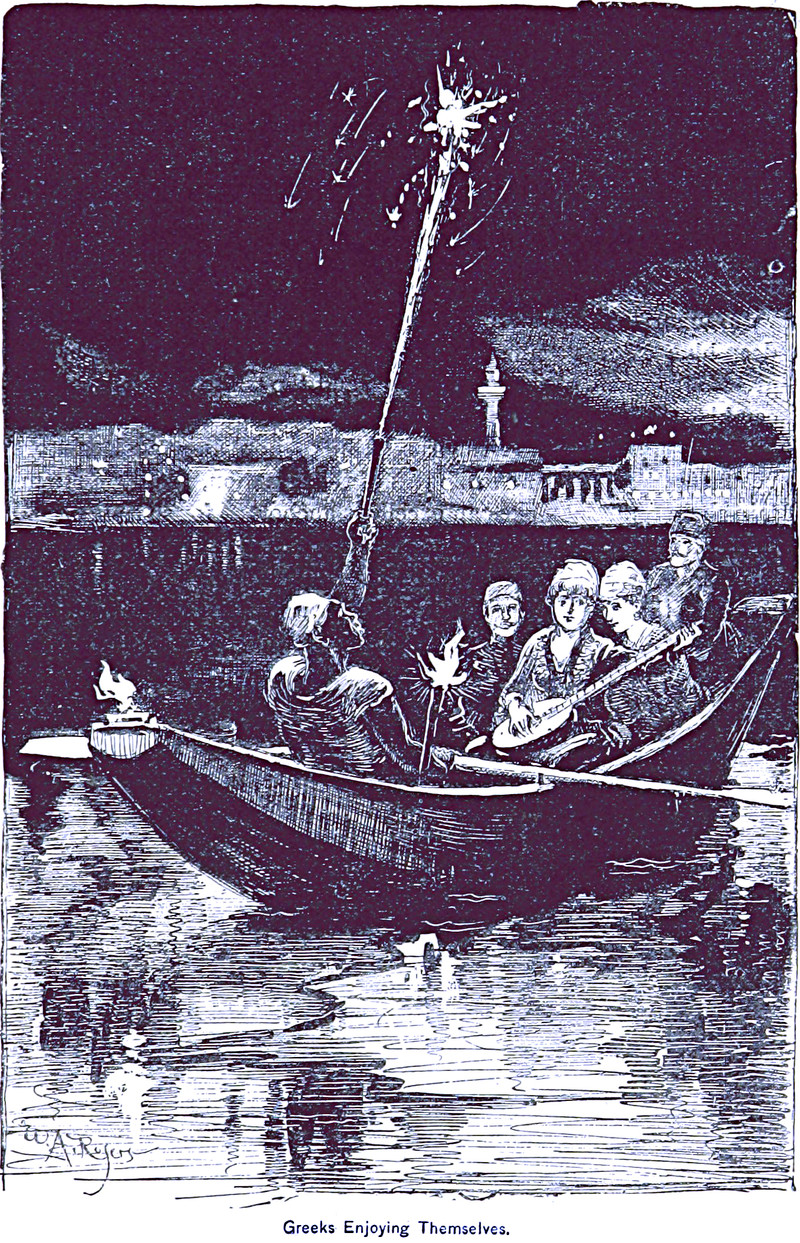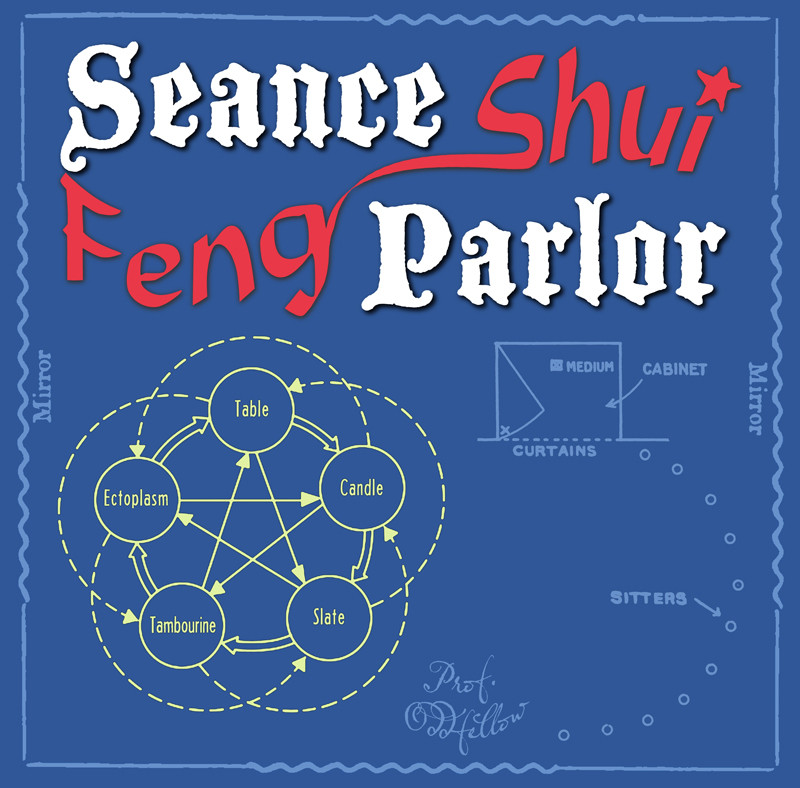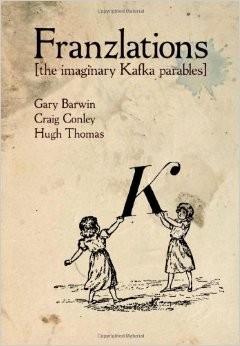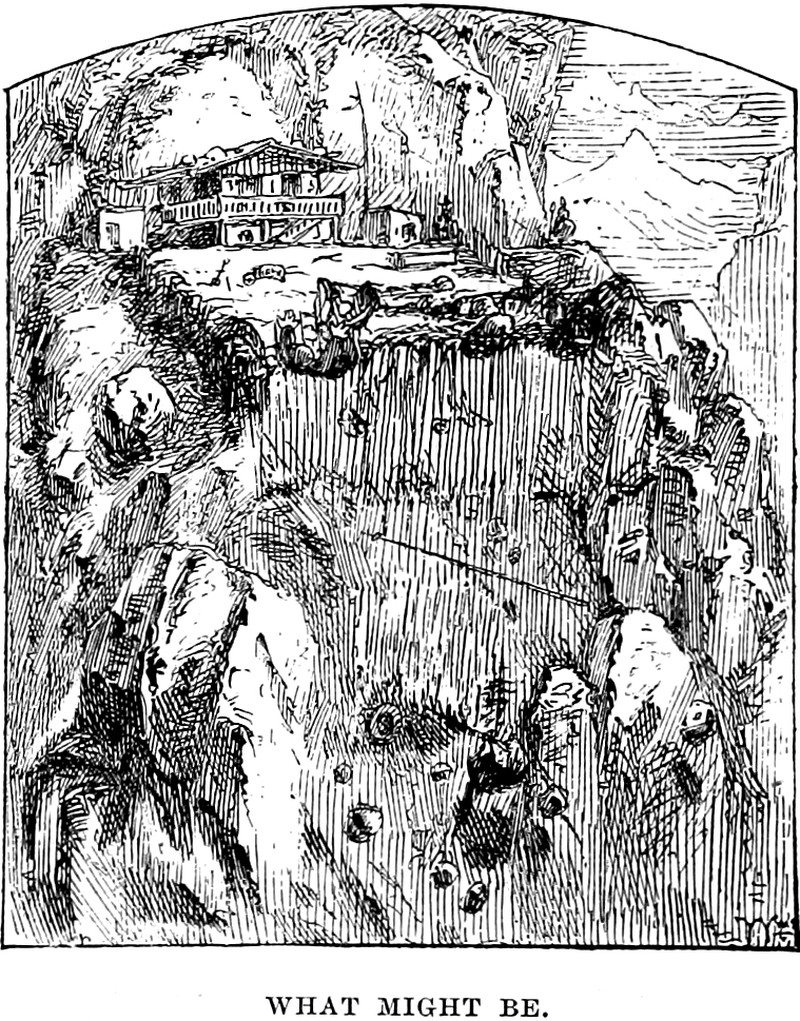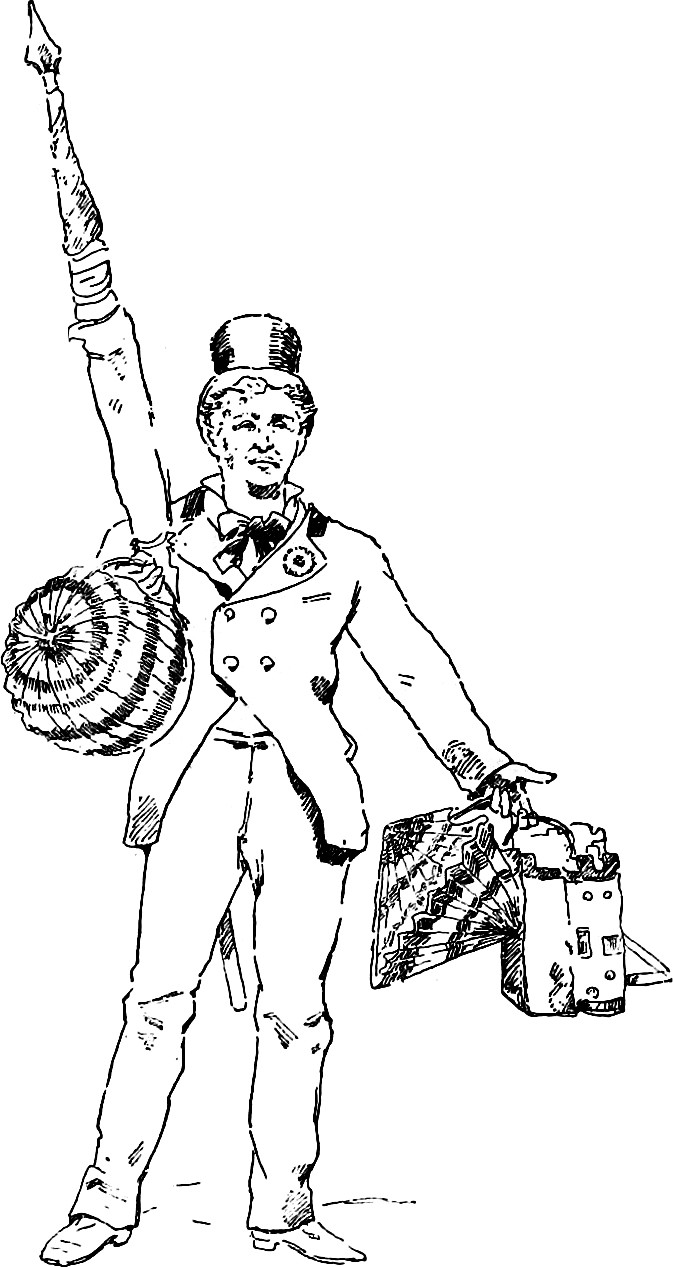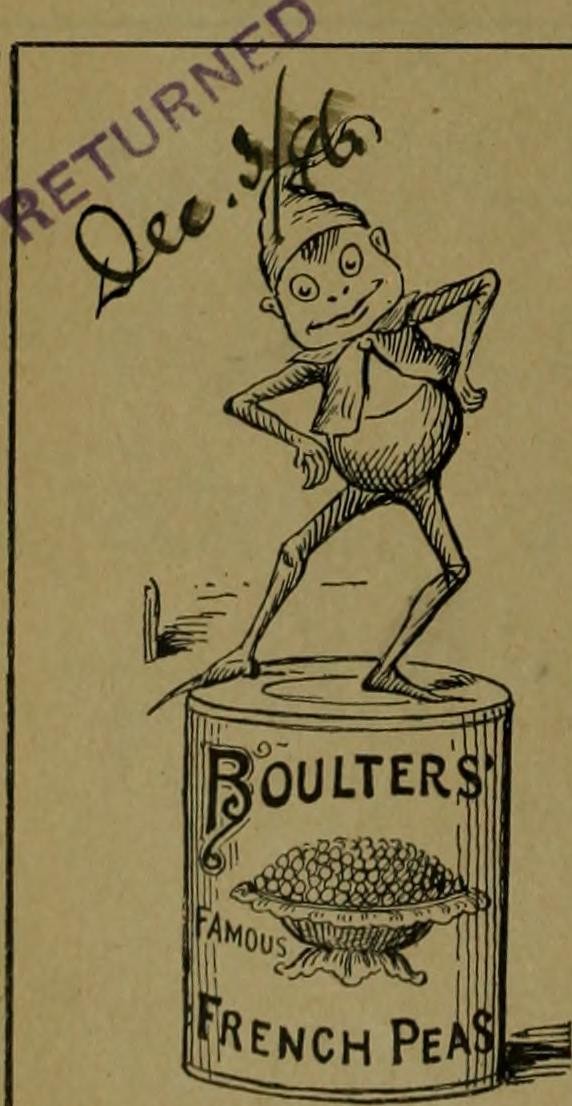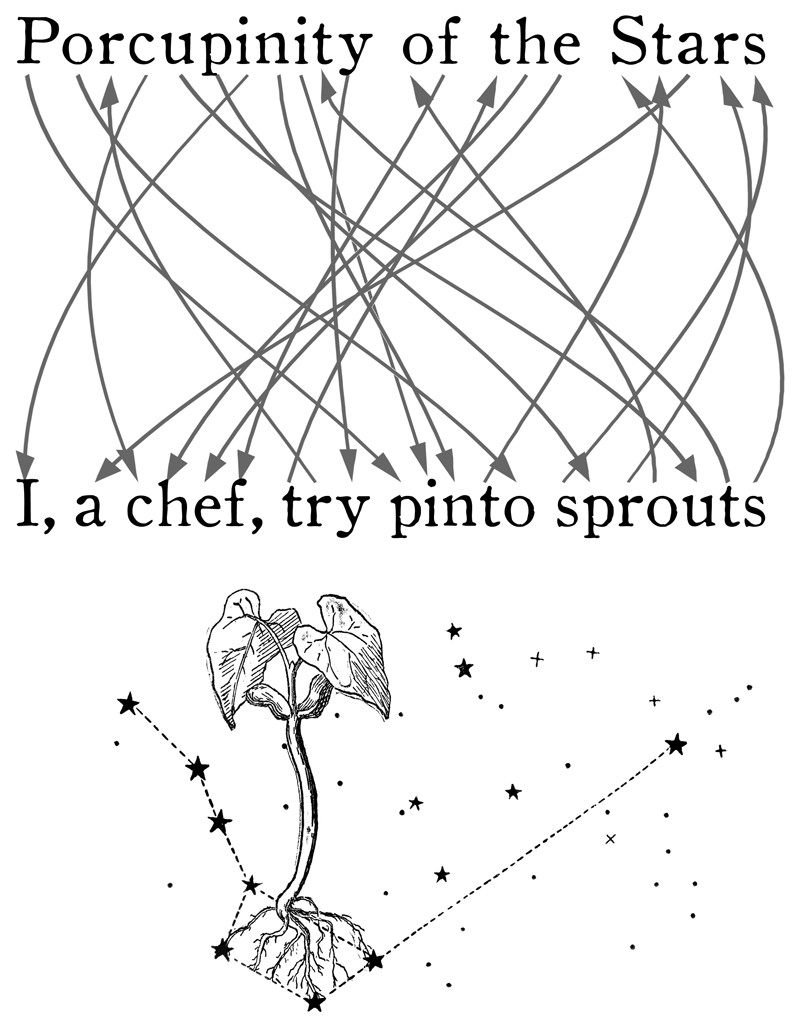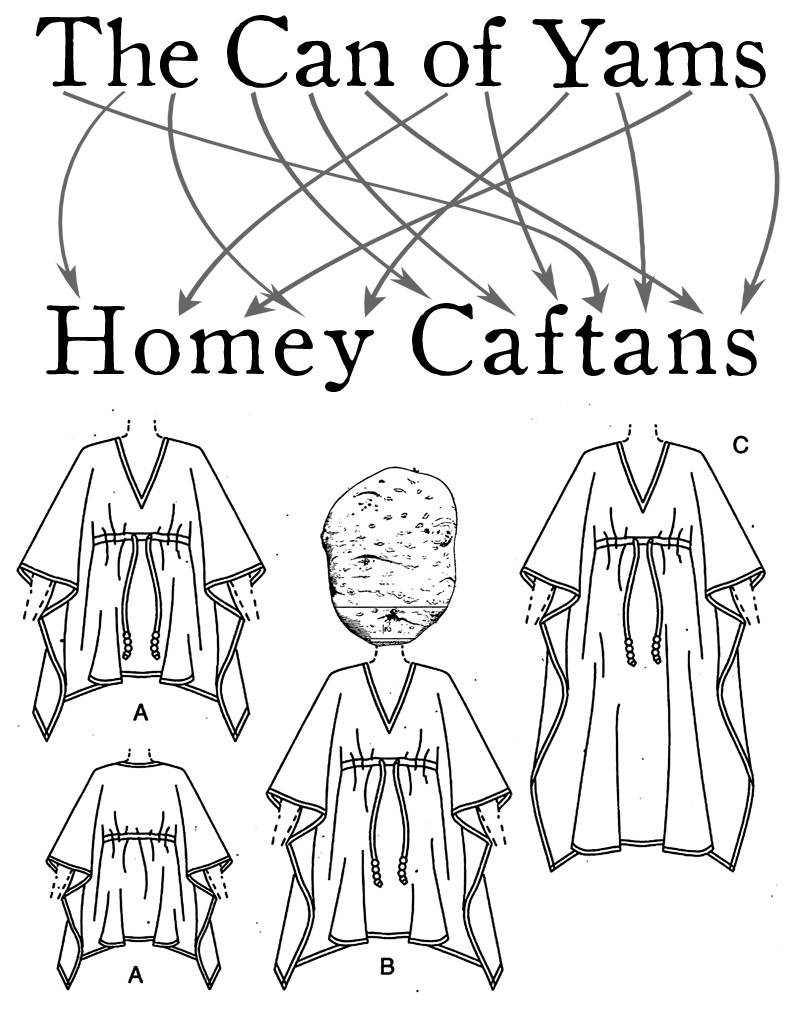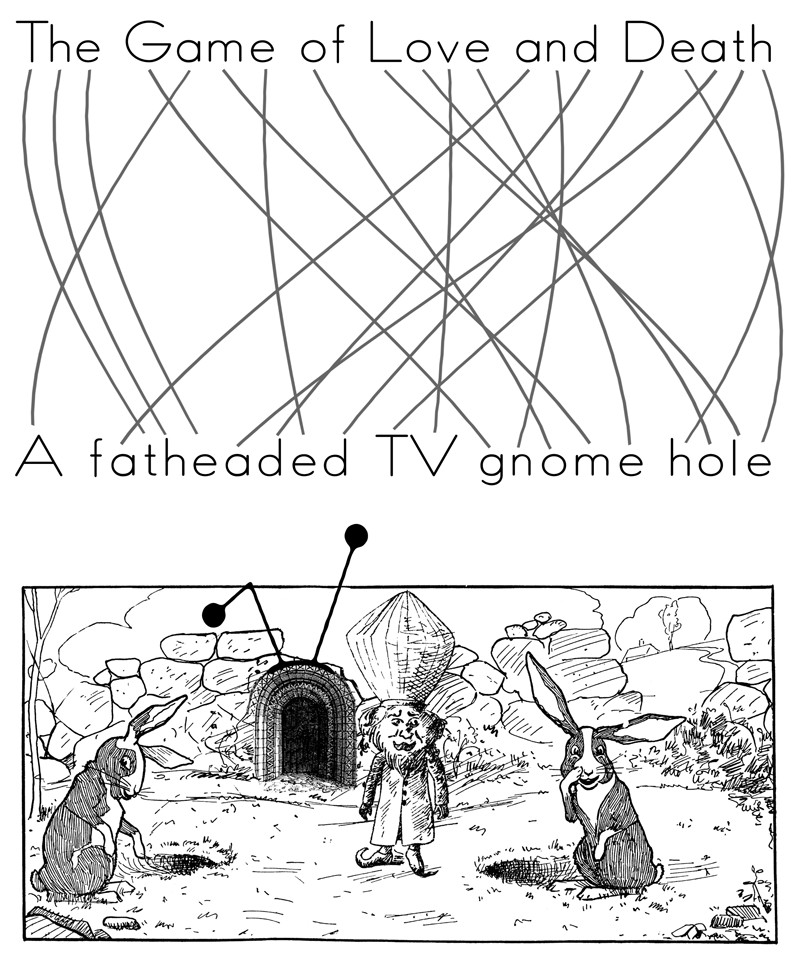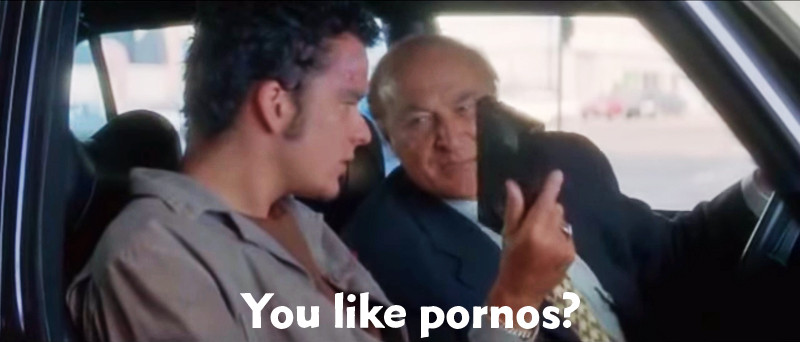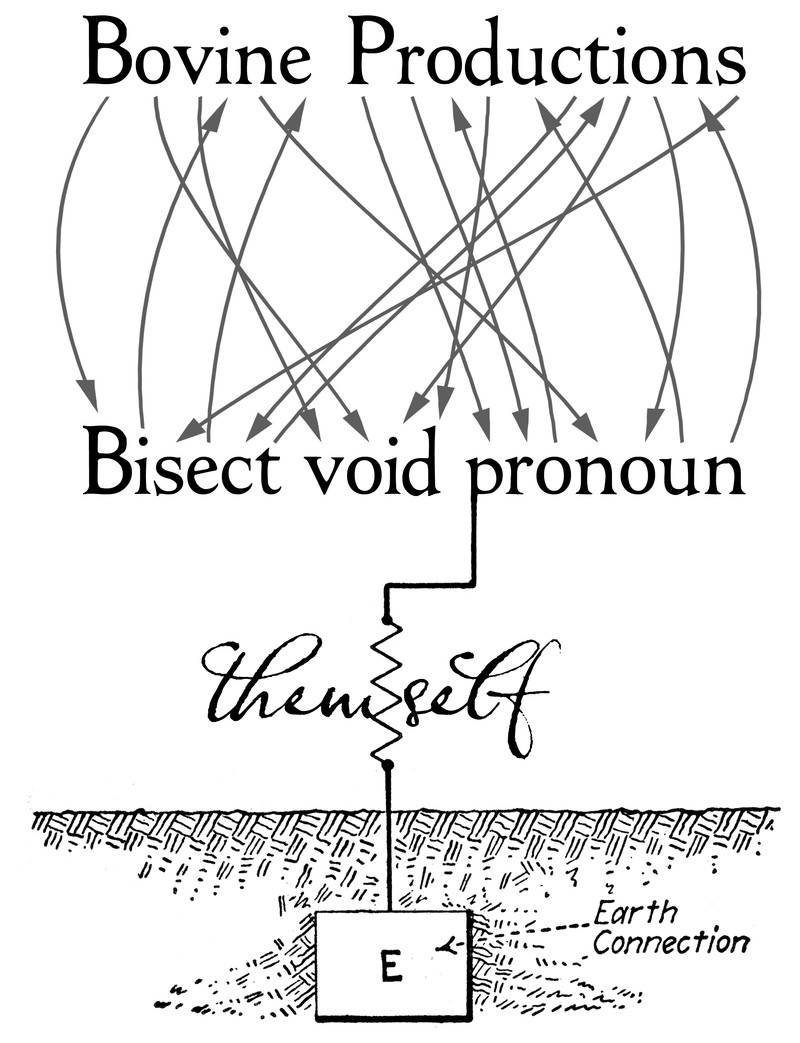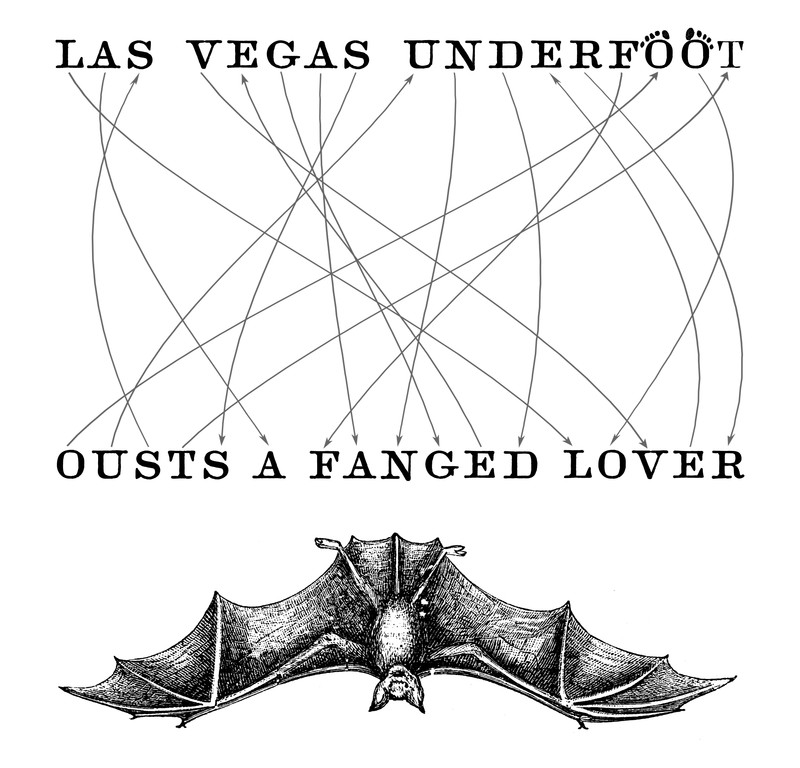I Found a Penny Today, So Here’s a Thought
|
|
|
 |
 |
 |
(This is our submission to Writers No One Reads, which is where we first learned about our very beloved The Secret Service by Wendy Walker.)
No one reads fine artist Rhea Sanders' guidebook to the fictional Fire Gardens of Maylandia or Sweetwilliam's Folly (The Tradd Street Press, Charleston, SC, 1980). The author respectfully dedicates this wryly humorous, meticulously envisioned oddity to "the virus which gave me the fever which gave me the hallucination which gave me the idea for this book." The reader of the deadpan guidebook is presumed to be a tourist to the state of Maylandia, in possession of a working knowledge of local attractions, so the mysterious nature of the fantastical fire gardens is revealed in subtle tidbits as the site's colorful and often controversial history is explored. We learn that the gardens were conceived in 1720 by the first royal governor, Ferdinand Mayland, "during one of his annual bouts with a local fever." The author dryly recounts how the governor persuaded the indigenous Changapod tribe to relinquish their sacred plains of flaming shale at the foot of the mountain they called "He Who Waits": "Since all objected, all were done away with. This is indeed a sad episode, but it is well to remember that the Changapods had owned this territory for centuries, and had done nothing with it, whereas Governor Mayland imagined a work of art. There were in any case only 370 Changapods." As the history progresses, we become privy to intimations of "fireworkers" in possession of "the knowledge" -- carefully guarded secrets of controlling the shape, movement, and color of fireballs, handed down from father to son over generations. We learn of figures with oddly Francophilic inclinations, such as the Governor's London-born wife Marguerite, who "spoke only in French, for reasons which have not come down to us." We learn of the possibly addictive tea leaves that grow near the fire gardens and seem to treat the blue skin condition resulting from exposure to the natural gasses. ("And why should everyone be either black, white, red, or yellow?") We learn of several possible murders along the way, all unsolved, including one in 1927 -- the winner of a contest to name a new garden to express the spirit of the age. A certain Billy Jackson's entry, "Jazz Baby," earned him a $5,000 check, though he was shot and killed on his way home and the check stolen. "We in Maylandia often point to Mr. Jackson's Jazz Baby Garden when outsiders ask us about the minorities in our midst. For what could be a more beautiful testimonial to our treatment of minorities than this Garden?" We learn of tea plantation heiress Angela Longleaf MacDowell, who stood six feet tall and boasted, "No man on earth or beneath the sod has ever kissed the lips of Angela Longleaf MacDowell." It was she who envisioned, in a dream, the memorial fire garden for famed local poet Cassius Augustus Robertson ("the story of Robertson's mysterious death at the age of 99 is too well known to be recounted here"). Profusely illustrated by the author, The Fire Gardens of Maylandia is a charming, deeply funny, and thought-provoking relic from an alternate reality just a little bit more smoldering than ours. (Profuse thanks to Hilary Caws-Elwitt for recommending this book.)
|



 |
|
|
 |
 |
 |

When I learned that Andy died, I knew I'd quite literally lost a part of my heart. It was at a grand bonfire in the Nevada desert that a magus once arranged Andy, me, and three others (whose identities I'm not at liberty to divulge) into a pentacle, intertwining our arms in a special way so that when we squeezed hands a heartbeat pulsed around and around the circle. For some timeless moments, we five were a single beating heart. (There's a Sufi doctrine that the heart has five faces, each pointed, in turn, toward the divine, the world of pure spirits, formal exemplars, the visible world, and the synthesis of the inwardly hidden and outwardly manifest.) Even before that ritual, Andy had been hanging around me a bit, shyly or perhaps covertly seeking to get a grasp on what exactly was going on with me. I know I let down some masks, but he never let on whether I revealed my true self. He was a witch masking as a magician, and he knew I was something, at the very least a fellow outsider hovering at the edge of a gathering of eccentrics in the middle of the desert. We briefly commiserated on our respective dark nights of the soul, but only later, secondhand, did I learn that Andy had recently been exiled from his coven. Andy had a maxim for how not to drown in an overwhelming flood of language: "Don't trip over the fall of letters." My own Muse took that and twisted "fall" into "Autumn": https://www.oneletterwords.com/weblog/?id=6274. And so, my heart skipped a beat when I learned that Andy died. I didn't really know him, or didn't allow myself to. As the ancient Egyptian proverb goes, "He who knows his own heart, the fate knows him."
|

 |
|
|
 |
 |
 |
We're honored that the renowned philosopher of magic Robert E. Neale (author of The Sense of Wonder) thinks we've stumbled upon the secret to world peace with our Seance Parlor Feng Shui project:
Prof. Oddfellow has carried the logical approach to nonsense to even greater heights than before. The logic of two absurd systems logically joined into a masterpiece of faith for fools that could stop us from killing each other. My delight lies in making up meaning, but his talent in this is unsurpassed. This treatise will lurk about on our coffee table waiting to preside over a promising guest. In the meantime, I might play with feng shui myself.
Woohoo!
|


 |
|
|
 |
 |
 |
If it's true that "it is not we who guide the unfolding of the game of experience; it is experience that leads us; our task is that of corresponding to such continuous opening of truth" ( Between Nihilism and Politics, 2010), then we humbly suggest the only way to meet that task is to employ a continuous doorway (as seen in The Southern Planter, 1882). |

 |
|
|
 |
 |
 |
The Paper St. Journal reviews our imaginary Kafka parables, Franzlations. "Sometimes maudlin, but always wise, Conley, Barwin, and Thomas induce you into a willing hypnosis as you ponder over the pithy blocked letters, scattered scraps of sentences, and gothic illustrations." The reviewer, James Puntillo, credits us with constructing within the book "a firewall to protect against readers who won't delight so easily" in aphorisms*, and if it's indeed true that we did that then we'll figure out how to reverse-engineer our previous works, too. Whew—it'll be a relief!
|


 |
We know you've speculated, so here's what might be. From A Tramp Abroad by Mark Twain. |




 |
|
|
 |
 |
 |
This elf below was returned back in 1896, but the things he learned while away!
Speaking of elves, see our unbelievably elf-centered publication, How to Believe in Your Elf. Its first review comes from G. Struijker Boudier in the Netherlands:
My ratings are always based on how much energy a product generates in me. Sometimes the trigger is usefulness, at other times it's the production quality or other things. That means that I ignore aspects of the product that aren't relevant to my focus.
In this case, the four stars are based on the fact that this book makes me muse about myself and my life and makes me smile at the same time.
I'm a nut for off beat playfulness that balances between nonsense and seriousness. This book (as well as most book by Prof. Oddfellow) does just that. Obviously the 'One's elf/Oneself' is the running theme here. I can see how you can look at it as lame wordplay. To me it isn't. Something weird happens if you place your personality traits, ego and whatnot in the elf of your choice. One separates one's elf from oneself. Distancing yourself from yourself is always a good way to see bigger pictures and wonder about why you're behaving the way you're behaving. It opens up new possibilities and ideas.
Some examples:
What you do not wish done to your elf, do not to another.
Maturity consists of no longer being taken in by one’s elf.
If you be not pleased, put your hand in your pocket and please your elf.
Listen at the key hole, and you’ll hear news of your elf.
Can't help it, I just like this kind of lighthearted play with words, sense and nonsense that sometimes strikes an unexpected chord.
|

 |
From Prof. Oddfellow's sketchbook:
|



 |
|
|
 |
 |
 |
From the Dept. of Life Lessons in David Lynch Films:
While fever-dreaming down your own Lost Highway, if you encounter a Mr. Eddy/Dick Laurent equivalent who offers you pornographic material, don't politely decline, because then you might learn that the Alice Wakefield in your life doubles as a Renee Madison, and you'll save yourself a headache of epic proportions. |


 |
|
|
 |
 |
 |
From Prof. Oddfellow's sketchbook:
Our anagram is in honor of Gordon Meyer's delightful book of photographs, Las Vegas: Underfoot.
|

Page 143 of 171

> Older Entries...

Original Content Copyright © 2025 by Craig Conley. All rights reserved.
|



